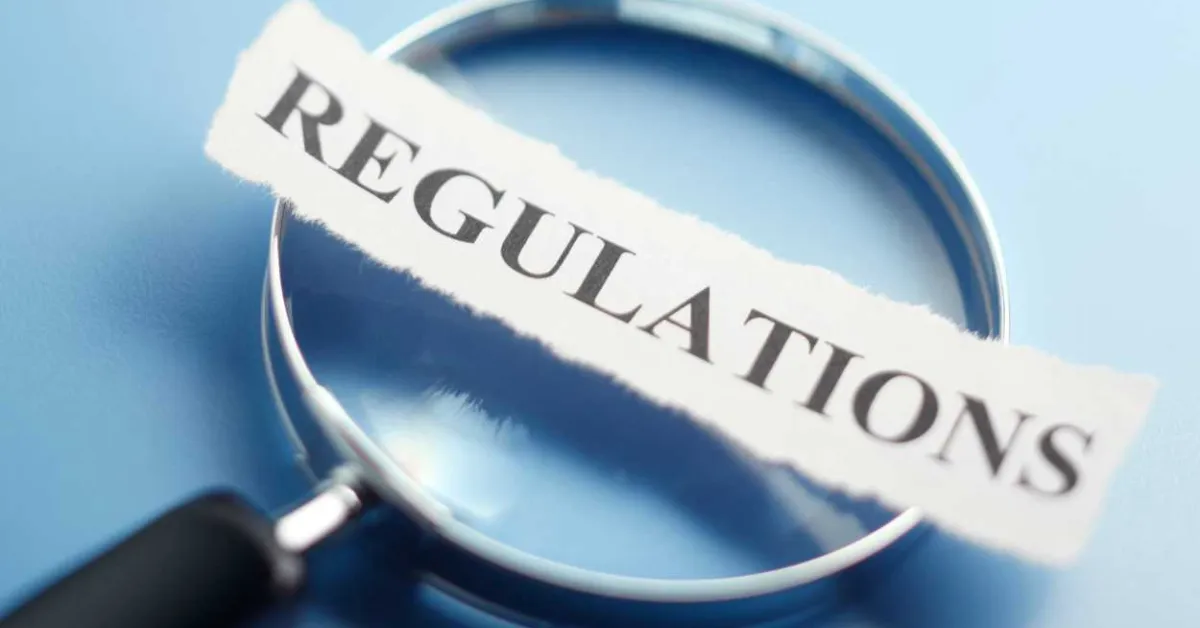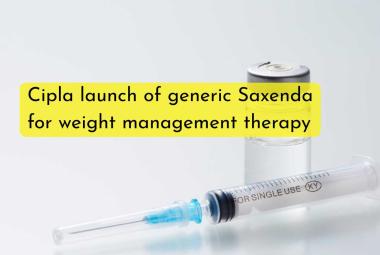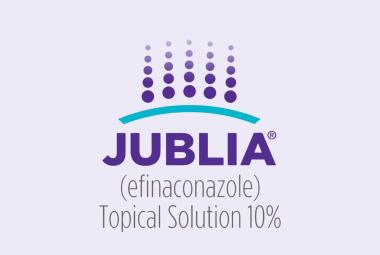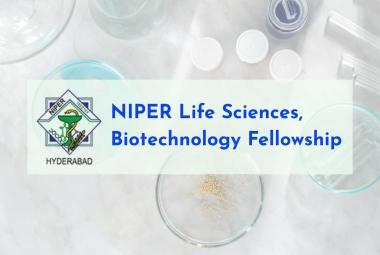The Ministry of Ayush is actively promoting and strengthening the AYUSH systems of medicine—Ayurveda, Yoga & Naturopathy, Unani, Siddha, Sowa-Rigpa, and Homoeopathy—through a comprehensive strategy supported by both centrally sponsored and central sector schemes. Under the National Ayush Mission (NAM), the government is extending financial assistance to States and Union Territories to develop AYUSH infrastructure and integrate traditional systems into mainstream healthcare delivery.
Key initiatives under NAM include the operationalization of Ayushman Arogya Mandirs by upgrading existing dispensaries and sub-health centers, co-locating AYUSH services in Primary Health Centres (PHCs), Community Health Centres (CHCs), and District Hospitals (DHs), and upgrading government-run AYUSH hospitals and dispensaries. The scheme also supports the establishment of new AYUSH colleges, infrastructure enhancement for under-graduate and post-graduate institutions, and the supply of essential AYUSH medicines. So far, the central government has released ₹5670.82 crore to various states and UTs for implementing these approved activities.
The Ministry also runs a dedicated Information, Education and Communication (IEC) scheme to enhance public awareness about AYUSH systems. This involves organizing Arogya Fairs, Yoga festivals, Ayurveda Parvs, and observance of key AYUSH days, along with supporting seminars, conferences, and multimedia campaigns nationwide.
Further strengthening the sector, the Ministry of Ayush has introduced a Central Sector Scheme for International Cooperation (IC) to promote the global presence of AYUSH. This scheme supports Indian AYUSH product manufacturers and service providers in expanding exports, participating in international fairs, conducting academic and research exchanges, and establishing AYUSH Chairs in foreign universities. Under this scheme, 25 government-to-government MoUs, 15 AYUSH Chair MoUs, and 52 institutional MoUs have been signed to date.
To regulate the safety and quality of AYUSH medicines, the Drugs & Cosmetics Act, 1940, along with the Drugs Rules, 1945, prescribes stringent licensing requirements, adherence to Good Manufacturing Practices (GMP), and testing standards based on respective pharmacopoeias. The Pharmacopoeia Commission for Indian Medicine & Homoeopathy (PCIM&H) plays a pivotal role in standardizing ASU&H drugs and also functions as the Central Drugs Laboratory for quality testing. PCIM&H conducts regular capacity-building workshops for state drug analysts and regulatory authorities.
Currently, 108 private laboratories and 34 government-run Drug Testing Laboratories are authorized to test AYUSH drugs for safety, quality, and efficacy. To further enhance manufacturing standards, the Ministry has implemented the Ayush Oushadhi Gunvatta Evam Uttpadan Samvardhan Yojana (AOGUSY), allocating ₹122 crore over five years for supporting pharmacies and testing labs.
Additionally, regulatory measures have been strengthened through the creation of an AYUSH vertical within the Central Drugs Standard Control Organization (CDSCO), which issues WHO Certificates of Pharmaceutical Product (WHO-CoPP) to compliant AYUSH products. Quality certifications through the Quality Council of India (QCI) are also promoted to grant AYUSH Standard and Premium Marks to Ayurvedic, Siddha, and Unani products based on third-party assessments.
These initiatives underscore the government’s commitment to integrating traditional systems of medicine into the national healthcare framework while ensuring global competitiveness and safety of AYUSH products and practices.














